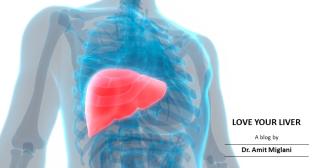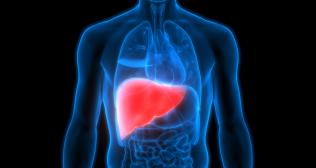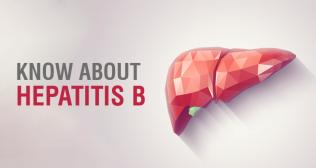
Nausea: How to manage that wave of uneasiness?
What is nausea?
While nausea can leave you uneasy, it is not a disease or medical condition. Rather, it could be a sign of an underlying issue. It could have different causes — indigestion, travel sickness, viral or bacterial infection, or a side effect of medication. Pregnant women dealing with morning sickness can also experience acute nausea.
In fact, you’ll be glad to know that it can be managed with the right medical support. Paying attention to symptoms alongside nausea could help in diagnosing the exact cause.
What causes nausea and vomiting?
From an uncomfortable smell to motion sickness, various factors can cause nausea. Some of these are explained below:
- Sensitivity to smell: Exposure to strong perfumes and unpleasant odours can cause nausea in some people.
- Motion sickness: Traveling in a car, boat, airplane, or train leads to mixed sensations in our body. When the brain is unable to process all of it, one starts to experience nausea.
- Pregnancy: During pregnancy, certain cells of the placenta produce a hormone called human chorionic gonadotropin (hCG). Elevated levels of this hormone can lead to nausea.
- Periods: Many women experience nausea during periods because of hormonal changes.
- Infections: Bacterial and viral infections such as food poisoning, stomach flu, and seasonal flu are known to cause nausea.
- Digestive disturbances: When an organ in the digestive system, such as the pancreas or gall bladder, stops functioning properly, it results in nausea.
- Other issues: Medical conditions like heart attack, migraine headache, brain injury, meningitis, brain tumor and stroke can cause nausea and vomiting. Moreover, mental health issues like anxiety disorders can result in physical symptoms such as nausea and uneasiness.
Apart from these causes, nausea can show up as a side effect of certain medications or drugs.
Is stomach pain with vomiting a warning sign?
In some instances, acute stomach pain, nausea and vomiting can be the early signs of stomach flu or food poisoning. In such cases, abdominal cramps can also be coupled with watery stools and diarrhoea.
Nausea and vomiting after eating: What does it mean?
Some people may be intolerant to certain foods, making it difficult for their body to digest them. This can trigger nausea and vomiting. Besides, those with food allergies experience nausea as one of the symptoms. Conditions such as gastroesophageal reflux (GERD), appendicitis, irritable bowel syndrome, peptic ulcer, and pancreatitis, as well as gall bladder issues, also can result in nausea.
Eating disorders such as anorexia (condition where someone avoids eating due to the fear of gaining weight despite low body weight), bulimia (condition characterized by overeating followed by self-induced purging) and binge-eating disorder (eating large amounts of food in a short time without being able to control the quantity of food) can also make a person feel nauseous before or after eating, making them averse to food itself. Nausea is also a known symptom in avoidant/restrictive food intake disorder (ARFID), a condition where the affected person starts avoiding specific foods and eats a limited amount. In some cases, children considered picky eaters might have ARFID.
How can nausea and vomiting be treated?
Nausea could lead to vomiting in some people, after eating food. When one vomits, the stomach muscles contract, because of which its contents are pushed up through the oesophagus and expelled through the mouth.
Doctors treat nausea and vomiting by identifying the underlying causes. If it is triggered by travel, sitting still can help reduce discomfort. The physician treating the issue could also advise you against taking certain medications. They could recommend avoiding solid food and relying on smaller portions of hydrating liquid food. Sometimes, medicine to prevent acid reflux may be prescribed, which helps in reducing nausea as well as vomiting.
Certain simple remedies could also help. These include:
- Drinking tea containing ginger, chamomile, or mint
- Cutting down on caffeine drinks, spicy food, and strenuous activity after a meal
- Eating smaller quantities of food so that the stomach is not empty.
- Staying hydrated and drinking tender coconut water as well as herbal or iced teas as needed.
However, when nausea continues for over a day or if repeated episodes are seen, it’s best to see a doctor.



















